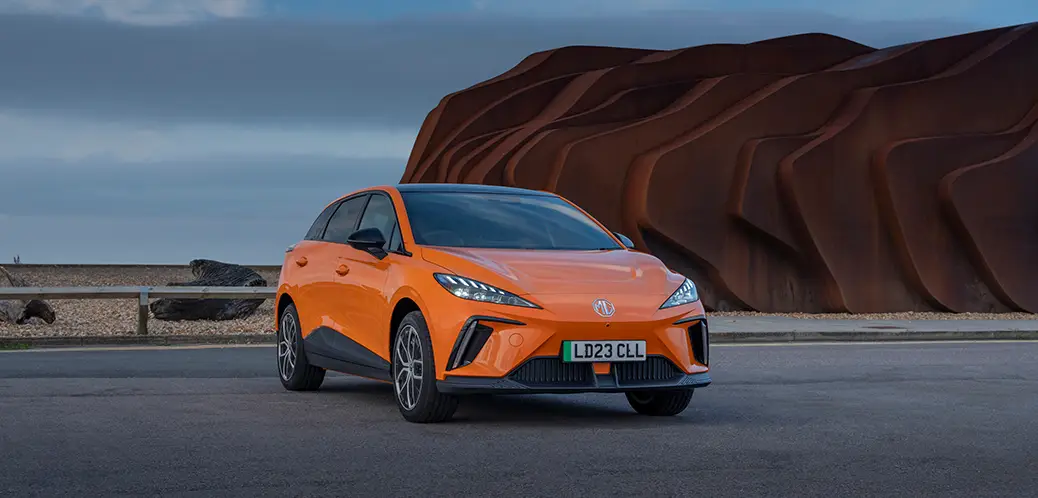Two wheels good – four wheels bad?
There’s a shift in how people want to travel in cities – and research shows that the COVID-19 crisis may have accelerated it.
Our recent Driving the Future report: Transport Use found that bicycles, electric bicycles and electric scooters are looking increasingly attractive as people use their cars less going forward. 11% of large city respondents have said they are interested in purchasing an electric scooter while 20% are interested in an electric bike.
With these products gaining traction with commuters, especially with younger Gen-Z travellers, it highlights a void in demand in urban populations that electric scooter and bicycle manufacturers are in a prime position to fill.
The public sees electric scooters and bicycles as a solution to consumer challenges…
Electric scooters and bikes have come to the fore because they provide a solution to many of the transport challenges that urban populations face. Our report showed a big drop in bus and train use compared to a year ago and, as they don’t require a driving licence, they allow a quick and easy way to move around a large town or city.
The parking problem
The high running cost of owning a car, the rise of on-demand mobility and even a lack of parking in urban areas mean many could easily switch to two-wheeled transport.
However, could the industry fight back, and is there space on the market for low-cost electric vehicles that can tempt users away from electric two wheel options? Some of the deeper research in our Driving the Future project shows that a sizeable portion of those surveyed are interested in owning a car in the future.
Going green
Younger, urban populations are increasingly aware of their environmental impact and concerned about reducing their carbon footprint. Perhaps there needs to be a drive for an electric car that caters to these needs.
The automotive sector fights back
It’s far too early to assume that car use as we know it will die out, but with many rethinking their need to commute to a job, the automotive industry may have to change tack to stand out going forward. The research shows that 25% of those in large cities intend to use their cars more, but for those in villages that falls to just one in ten.
The number of low cost electric vehicles designed for urban mobility that are already in development and are capable of carrying more than one passenger, shows that work is already well underway, but making that financially attractive may also be a challenge.
{{cta(‘fd4979e9-4842-49bd-ab99-6085618f8b82’)}}
What does this mean for your audience and how they are going to change their communication strategy
Understanding your target market has never been more important, and as people adapt to the changes brought by COVID-19, if you use the wrong messages to sell your goods or services, it’s likely that potential customers will dismiss you as irrelevant. Your target market is incredibly fast changing – new ideas and beliefs take hold at an alarming rate.
You can’t assume how different age groups will view your product, and market research has become an invaluable tool as companies seek investment, develop products and set out marketing plans. It’s essential that automotive manufacturers invest to gain market insight that will enable them to deliver targeted, relevant messaging to an audience that is constantly shifting its thinking.
We can help automotive firms understand changing consumer tastes and behaviours. The recent rise of electric bikes and scooters is just one example of this.
Loop are automotive PR specialists. We help the sector communicate effectively with a dynamic audience in an ever changing environment. Find out more or call us on 01869 228 766.




